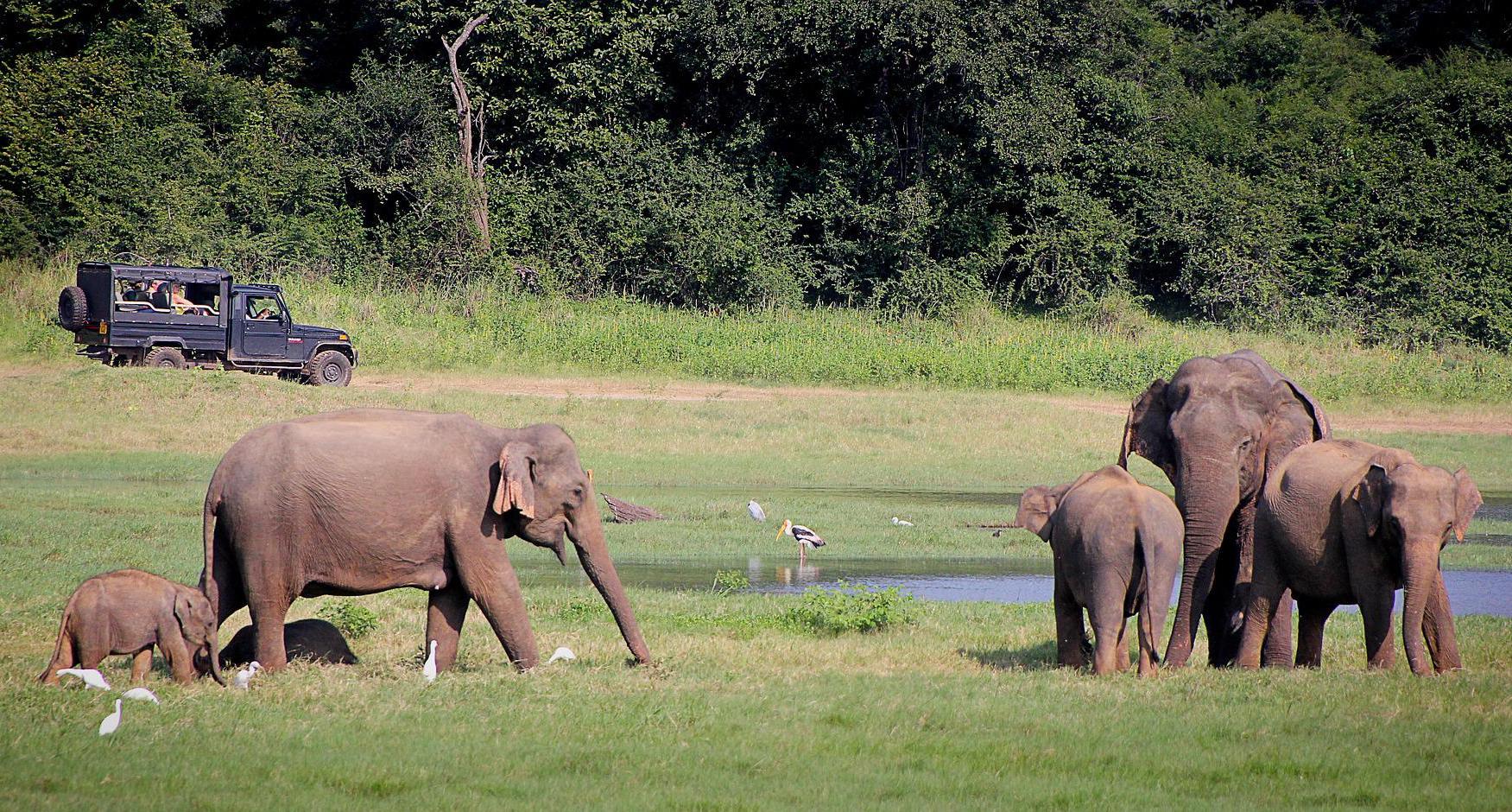Sri Lanka has temporarily banned drivers of all non-essential vehicles from buying fuel in an attempt to deal with an unprecedented economic crisis.
For a two-week period ending on July 10 the only vehicles legally allowed to buy gas or diesel in the Asian country are buses, trains and vehicles involved in the transportation of food and medical services. The government has closed schools in urban areas and told people to work from home where possible to help offset the huge problems the fuel ban poses to daily life.
Sri Lanka’s economy isn’t in good shape and the country has already had to endure long periods without electricity because there isn’t sufficient fuel to generate it. Officials from the country said at the weekend that the state had only 9,000 tonnes (19.9 m lbs) of diesel and 6,000 tonnes (13.2 m lbs) of gasoline available for essential services. BBC News reports that existing fuel stock would have disappeared in a week had the country not taken drastic action.
Related: Watch Daniel Ricciardo Drive A Red Bull F1 Car Through Colombo, Sri Lanka

A combination of rising energy costs, a loss of revenue due to populist tax cuts and the crippling effect of the pandemic on Sri Lanka’s tourist trade has hit the country hard, and it is severely short of foreign currency to pay for imports.
“We are doing everything we can to get new stocks but we don’t know when that will be,” power and energy minister Kanchana Wijesekera told reporters.
Sri Lanka’s government has sent officials to meet the heads of major energy producers in Russia and Qatar in an effort to secure cheap oil, the BBC says. And separately, it is hoping for help from India and China with importing other essential goods.
Banning people from buying fuel is a radical move, but is only the next step in a crisis that has been brewing for years. In May, Sri Lanka defaulted on its international debts for the first time ever, and the country’s Prime Minister, Ranil Wickremesinghe, claimed the country needed at least $5 billion over the next six months to pay for crucial goods including food, fuel and fertilizer.


